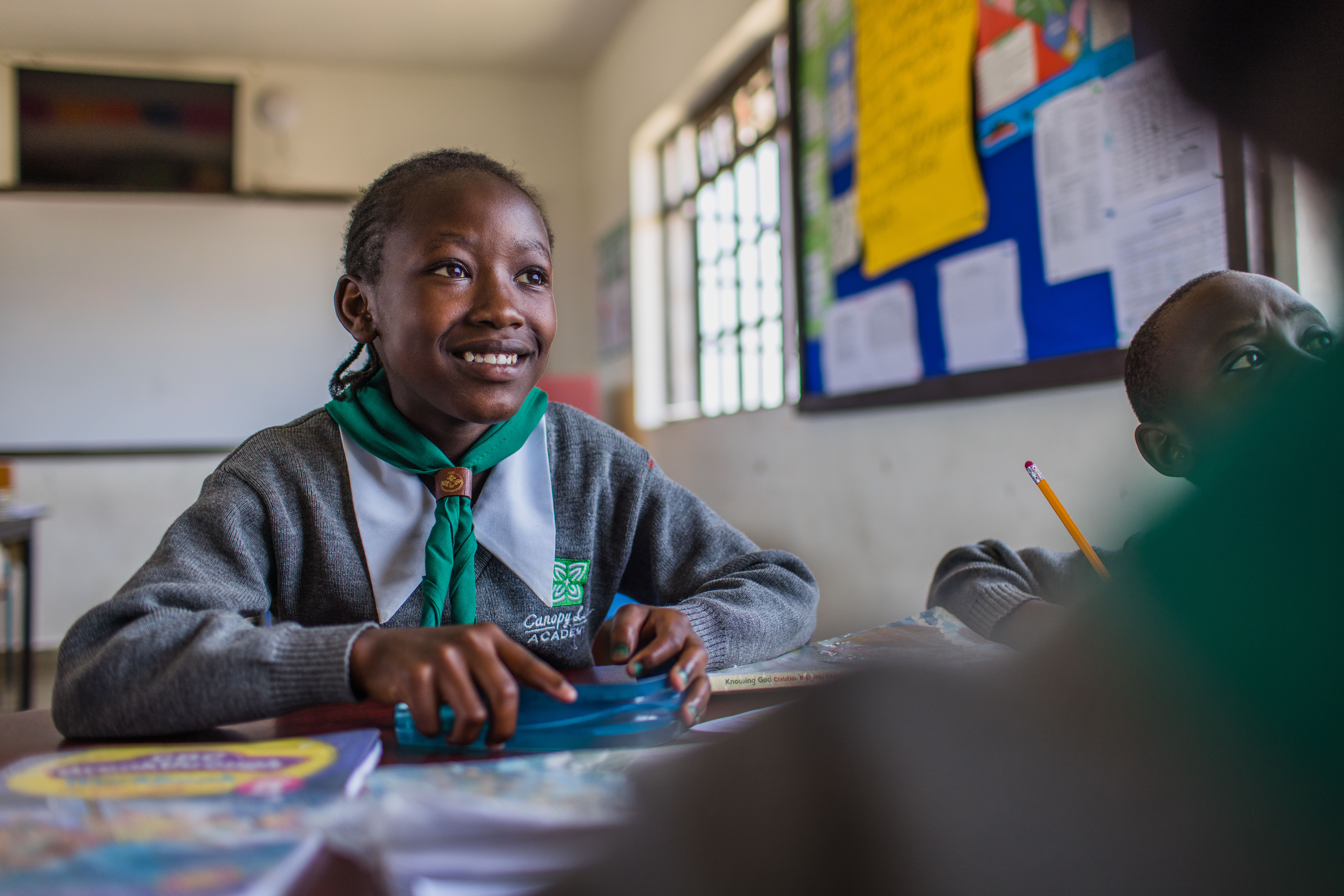Today, our society is entering into its fourth industrial revolution. Like the ones before, the advances this revolution is going to bring will seemingly change everything. It will change the way we live, work, and connect with one another.
With the development and advances in artificial intelligence, nanotechnology, biotechnology (the list goes on), we’re likely to see massive changes happen around us. Unlike those before, this revolution is predicted to raise global income levels and improve the quality of life for people around the world as technology becomes more and more accessible.
A foreseen downside to this industrial revolution
However, there are some foreseen downsides to this revolution.
As life becomes more automated, there is less of a need to hire workers to do a job that technology can now do. 800 million workers globally (and up to one third of U.S. workers), could be displaced by 2030 due to automation, according to McKinsey research.
The question now is…as the world rapidly evolves before our eyes:
Are education systems evolving with it?
And preparing future generations for the workforce they’ll be entering into?
Are your local schools breaking free from traditional paths of education and implementing systems that will actually make a difference?
Problem-solving: the number one skill needed in the workforce
In 2016 the World Economic Forum published the Future of Jobs Report, where they noted that complex problem-solving was the top skill required in the workforce. In 2020, they discovered it was still the #1 skill needed. Critical thinking and creativity follow close behind. These skills only became more sought after within the past 5 years (a nod to the way technology and our society is advancing).
People are not born with innovation skills that develop as they grow – innovating is a skill that must be nurtured. Science suggests there are “windows of opportunity” when these skills have the best chance of sticking: early childhood and adolescence.
The ‘Silicon Savannah’
A few months back, we posted a blog about Kenya as the ‘Silicon Savannah.’
We recognize how the country is advancing technologically, financially, and becoming a new hub for large businesses and firms.
This is incredible for the development of the country as it brings more jobs to more Kenyans. However, this also means that the Kenyan education system must evolve to meet the growing changes in its own country. If not, those jobs may not end up in the hands of Kenyan Nationals.
Canopy Life is preparing students for this changing workforce
At Canopy Life, we recognize this tension. We put a heavy emphasis on design thinking, innovation, and entrepreneurship within our curriculum. We are trying our best to prepare our students for an ever-changing workforce… a workforce that might not have a job available for them when they enter it.
Check out this Canopy Life podcast episode with Sara Musgrove. It’s all about Design Thinking and how she’s helped us implement this at Canopy Life with our students!
Canopy Life exists to serve vulnerable children and empower them to become Godly, innovative leaders who can end the cycle of poverty in their communities!
